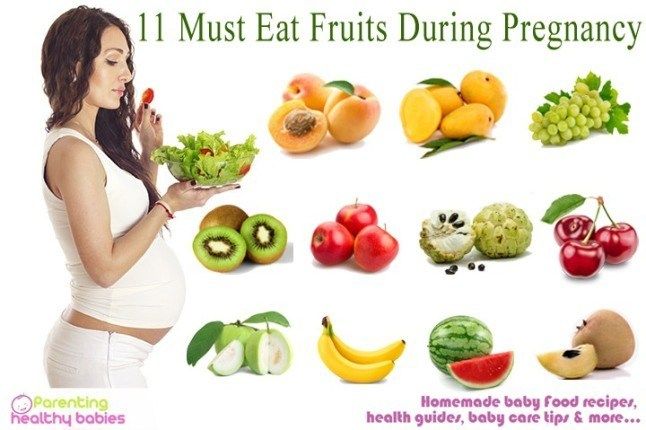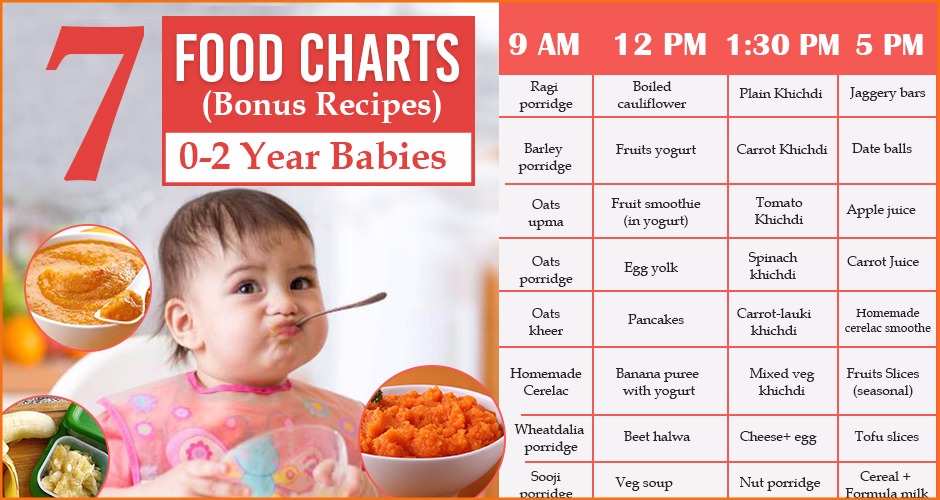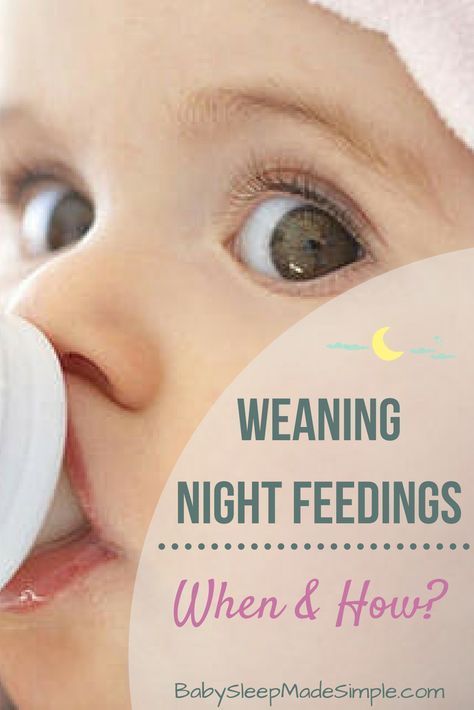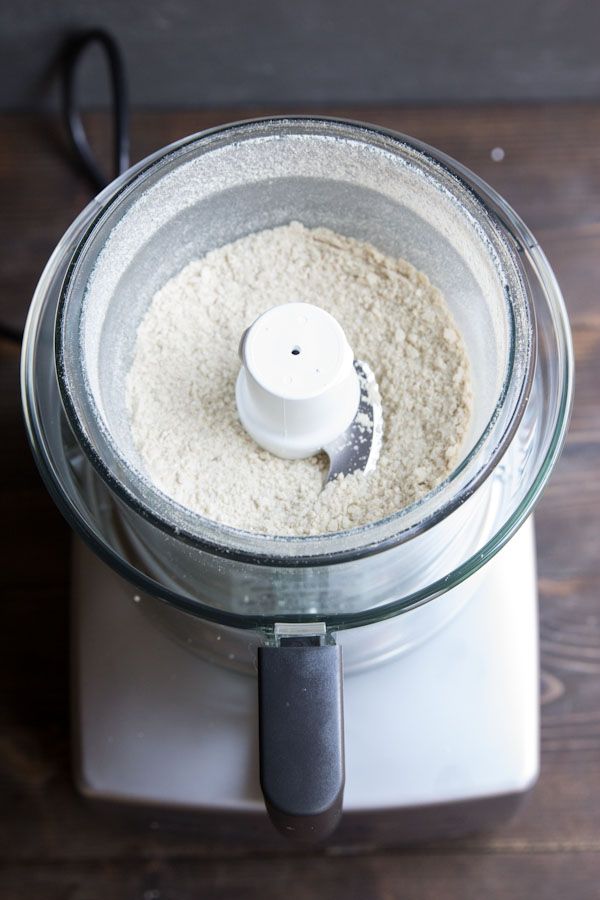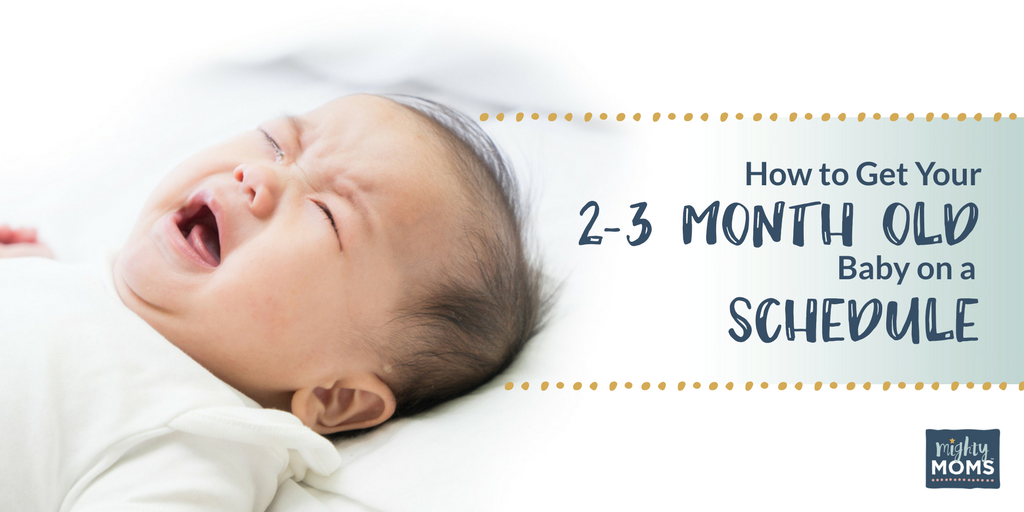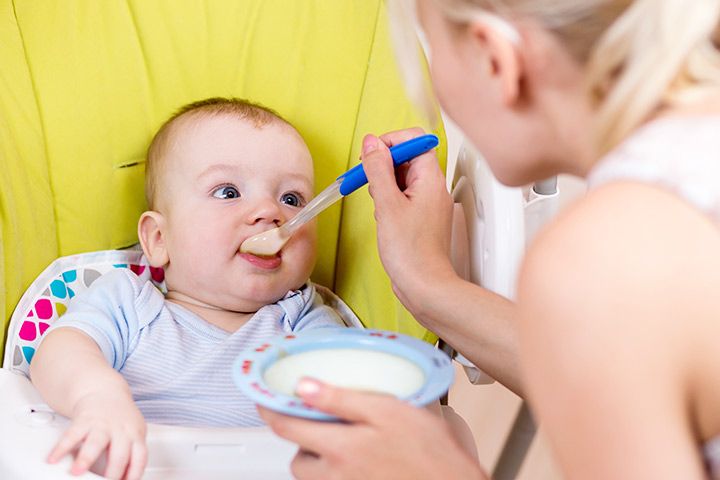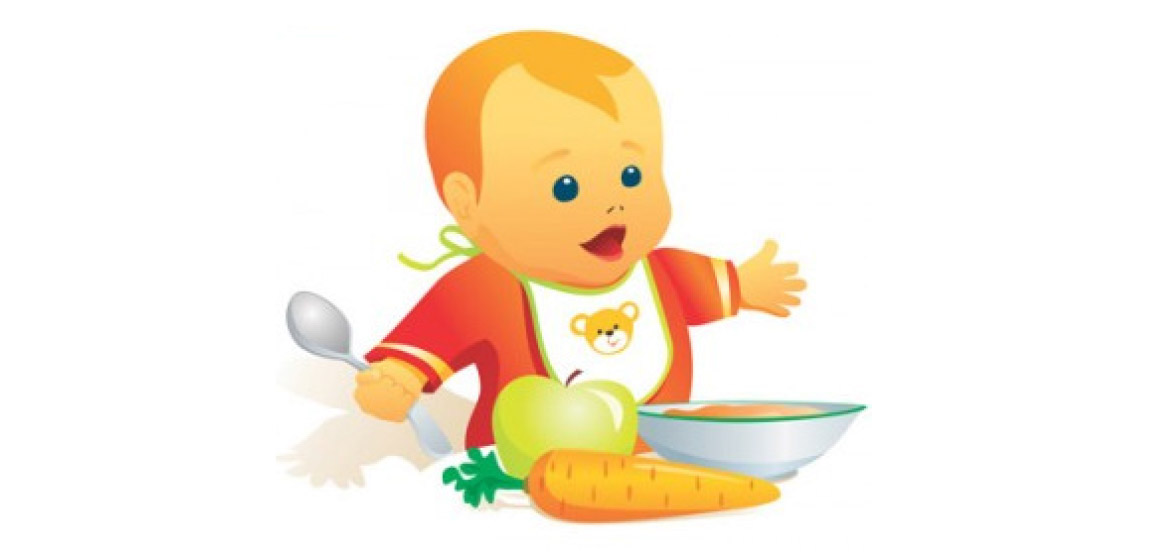Food to eat during pregnancy for baby hair growth
Foods to Eat for Baby Hair Growth During Pregnancy
During pregnancy, one of the most important things that you can do is eat healthy foods for optimal physical and brain development of your baby. What you eat in the nine months of your pregnancy decides your baby’s health. But then there are some foods that can help in the baby’s hair growth also. If you’re a mum-to-be and want to know how you can make the baby’s hair grow during pregnancy, then we have all the information you need.
When Does a Foetus’ Hair Start Growing?
A baby’s hair starts growing in the womb when the woman is between 14th and 15th week of her pregnancy, and the hair growth takes place in two cycles – shedding and then regrowing. All the follicles appear by now, and no new follicle grows after the birth of the baby.
Foods for Baby Hair Growth During Pregnancy
The hormone estrogen is primarily responsible for hair growth in the fetus. Some foods that make fetus hair grow are:
1.
Protein helps in hair growth and eggs are a rich source of protein. Hence, including eggs in your pregnancy diet can help in the baby’s hair growth.
2. Fish
Fish provide omega 3 and 6 fatty acids to the body which are known to improve hair growth. While fish may help in hair growth, but during pregnancy, you must be careful with regards to including fish in your diet as not all fish are safe for consumption while pregnant. If you want to eat fish in pregnancy, we suggest that you first confirm with your nutritionist or gynaecologist.
3. Yellow and Orange Fruits
Fruits rich in Vitamin A are also known to boost hair growth. So include yellow fruits in your diet.
4. Nuts
Nuts are a healthy snack that should be part of your pregnancy diet. Eating nuts and dried fruits will provide you with energy and will be good for your baby’s health too. Nuts are also rich in fibre, minerals, and protein, all of which are good for hair growth.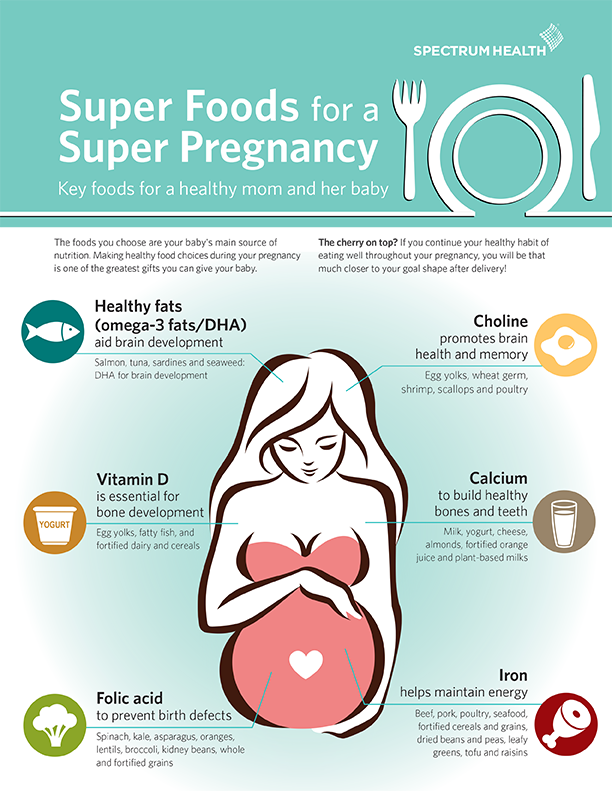
FAQs
1. Can Babies Ingest the Hair in the Womb?
The lanugo, a soft hair covering that keeps the baby warm, grows when the baby is in the womb. It sheds off as the pregnancy advances, and if ingested by the baby, it comes out in the form of her first poop.
2. Does Heartburn Mean My Baby Has Hair?
Interestingly fetal hair growth and heartburn go hand in hand. The hormone estrogen which is responsible for the growth of hair also relaxes the muscle in the thorax region causing heartburn.
Though hair growth in babies depends on their genes. As a mother, you can eat healthy, nutritious food to improve your unborn baby’s hair growth. You should also try to remain stress-free during your pregnancy as stress can affect your baby’s growth adversely.
Also Read:
Foetal Echocardiography
How to Discover Baby’s Positions in the Womb
Foetal Development Growth in First, Second and Third Trimester
10 Food for Baby Hair Growth During Pregnancy (with Pictures)
Every mom desire to have a healthy baby.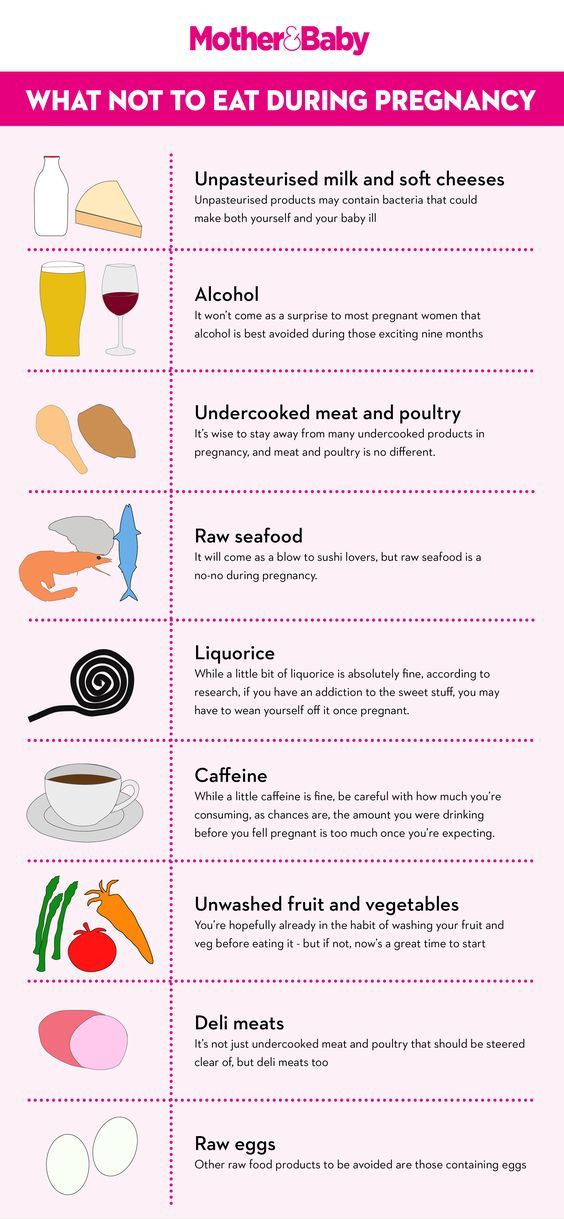 The health of your baby is not something to joke with.
The health of your baby is not something to joke with.
Healthy hair is a reflection of the baby’s health. One thing you must know as a mom-to-be is that both you and your baby requires lots of nutrients for your 9-month journey.
As a pregnant woman, you should know that whatever you eat reflect on your baby’s health. This is why doctors recommend a healthy lifestyle and proper diet for expectant mothers.
In this write-up, we shall discuss the kinds of food that will enable your baby to have a healthy hair growth during pregnancy. We shall also consider some nutritional facts you need to know as you plan your diet during the period you’re pregnant.
10 Foods the Baby Needs for Hair Growth During PregnancyAs an expectant mom, you should be aware that whatever you eat affects the health of the baby.
If you desire your baby to have healthy looking and well-developed hair, you should ensure you include the food we are going to list below.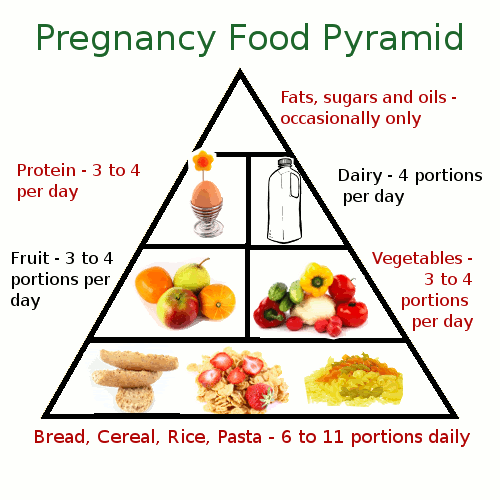
Include them in your diet, and you will have a baby with that beautiful tiny hair we all live our little bundle to have.
1). NutsThere are lots of health benefits associated with consuming lots, especially during pregnancy.
From researchers, eating lots of nuts during pregnancy is the best way to ensure your baby has healthy hair growth before they are born.
The reason why nuts are so beneficial to baby hair growth is because of nuts container biotins. Biotins are vital vitamins for the growth of hair follicle.
These biotins are both critical for the health of both mother and child during pregnancy. However, before eating these nuts, you should discuss with your doctor to know the quantity needed.
Food sources of nuts include walnuts, almonds, and groundnuts. Nuts are also an important protein source.
2). AvocadosFor your baby to have excellent hair growth, avocados are what you need. Avocados are fantastic for hair growth.
Avocados are rich in lots of vitamins and minerals, that is why the area called “Superfood.”
Regular consumption of avocados would not only boost the baby’s hair growth, but they are also good for the health of the mother.
Avocados contain a considerable amount of vitamin E and B, which are essential for hair growth.
Furthermore, regular consuming avocados would boost the health of the heart, improve digestion, and the health of the liver. Avocados are also crucial in weight management.
The presence of lutein in avocado fruit makes it useful in improving eye health as well as aid skin protection from aging.
Although avocados have all these benefits listed above and more, ensure you don’t over-consume it. Discuss with your doctor to give you an idea of the required amount you need.
3).
Sweet potatoesSweet potatoes are starchy, sweet-tasting root vegetables. Sweet potato can be consumed whole or peeled.
The leaves of the plant are edible also. Sweet potatoes are a rich source of fiber, vitamins, and minerals.
Sweet potatoes are a rich source of fiber, vitamins, and minerals.
Minerals contained in sweet potatoes include iron, calcium, among others. They provide a high quantity of vitamin B, which is a rich source of folic acid like we said earlier in this article.
Sweet potatoes also contain a high amount of vitamin C. During your pregnancy, and you must add sweet potato to your diet.
Sweet potatoes contain vitamin A in large quantity and Beta-carotene.
These two nutrients are vital for a baby’s hair growth during pregnancy. Carotene especially is responsible for strengthening hair follicles and nails. Sweet potatoes would strengthen your hair and nails as well.
Other health benefits of sweet potatoes include: aiding digestion since it is rich in fiber.
Protection from lung cancer assists in the management of type 2 diabetes by regulating blood sugar. Sweet potatoes contain antioxidants that are beneficial to the eyes as well.
Though sweet potatoes have high nutritional value, it does not mean overeating suggested.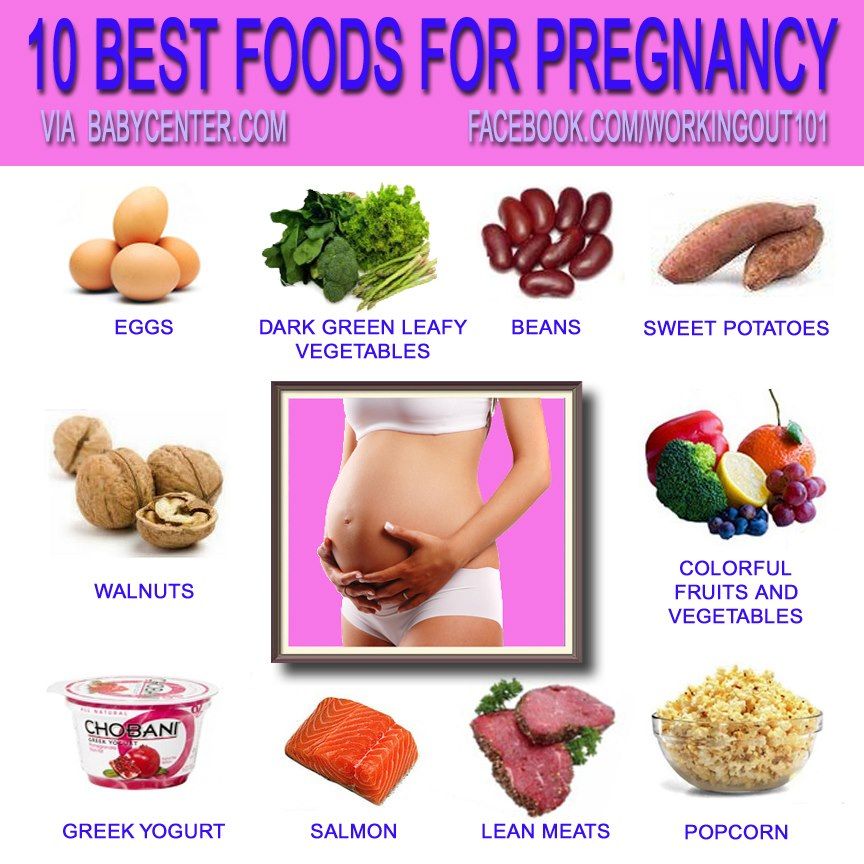 The food can cause kidney stone when eaten because it contains Oxalates.
The food can cause kidney stone when eaten because it contains Oxalates.
Eggs are wildly known as the best source of protein. Both the yolk inside the egg and the white outer part are rich in nutrients. Most of the protein in the egg is on the other part among other nutrients.
The nutrient contained in the egg is vitamin B2, fatty acid, cholesterol, vitamin B6, B12 and D. Minerals such as zinc, iron, and copper are in the egg. Some brands of eggs now contain omega-3 fatty acid.
Omega-3 acid is an essential source of protein. Eggs contain all nine vital amino acids known. Every pregnant woman should consume eggs a lot.
The reason for this is because eggs promote bit the baby and the mother’s health. It aids hair growth if the baby during pregnancy. Besides, during pregnancy and breastfeeding as well, eggs supply the body chlorine. Chlorine is essential for baby brain development.
Other health benefits of eggs include eggs as a source of vitamin D aid the protection of bones.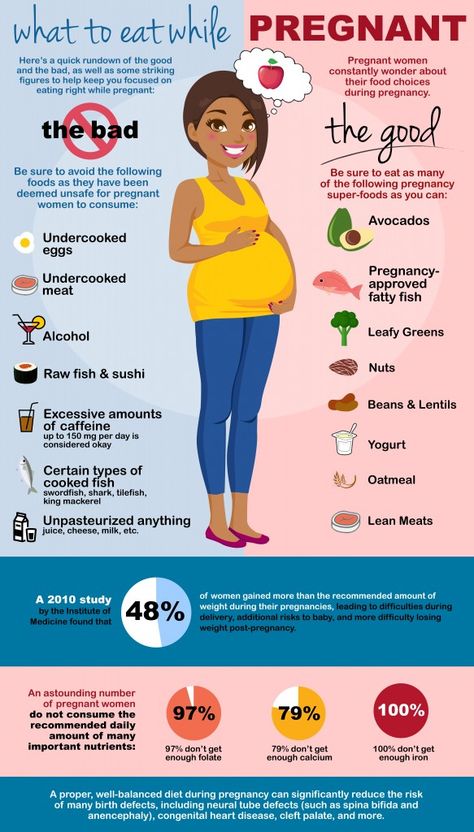
When used alongside vegetables, they aid weight management. Careful consumption can reduce heart disease and stroke.
However, don’t overeat eggs because high cholesterol consumption can lead to heart failure. Excess protein builds up in the body is also harmful to your health.
Discuss with your doctor before adding an egg to your diet. The reason why you should do this is to have your doctor monitor your egg consumption to ensure that you don’t overdo it.
5).
FishSome fish like salmon, mackerel, and herring are a rich source of omega-3 fatty acids. This fatty acid is a rich source of protein and promotes hair growth. Fish are also a good source of vitamin D and B.
These vitamins are known to promote hair growth in humans, including I’m born babies.
Furthermore, daily eating of fish has health benefits such as healthy heart and brain because of the presence of omega-3 acid in the fish. Omega-3 also aid the development of nerves and vision during pregnancy.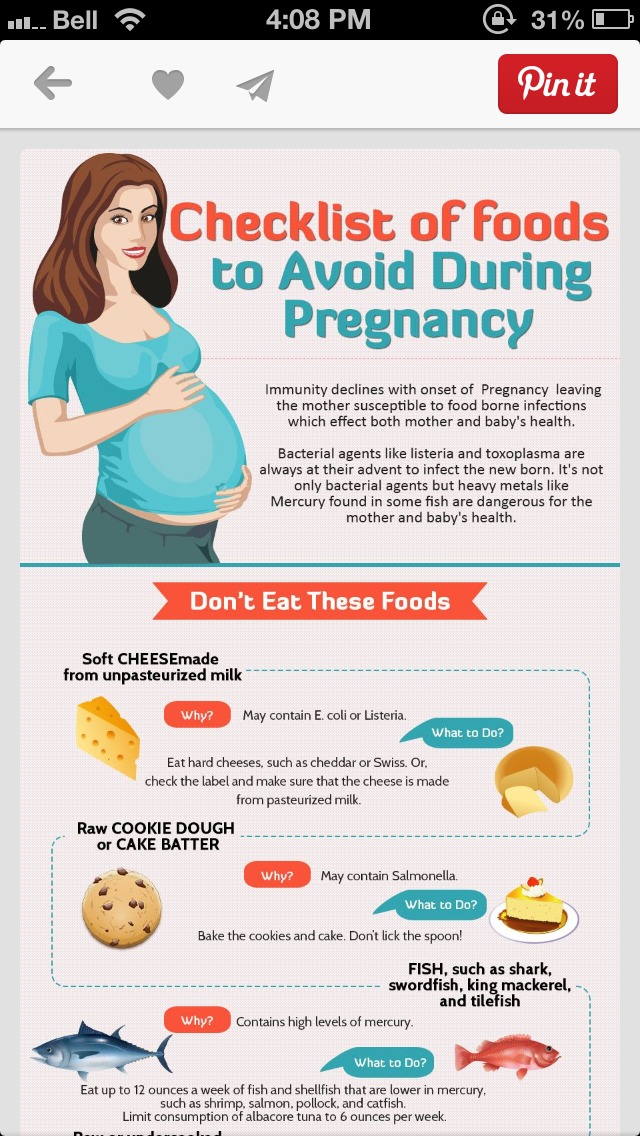
Eating fish often reduces the rate of inflammation and arthritis. Fish consumption also lowers blood pressure.
6). BerriesBerries contain lots of beneficial chemical compounds that aid hair growth of babies during pregnancy.
Chemical compounds contained in grains include vitamin C. Vitamin C has antioxidant in it. These antioxidants protect hair follicles and boost hair growth in babies and humans in general.
Vitamin C is also used by the body to produce collagen. Collagen is a hormone that strengthens the hair.
Other health benefits of berries include improving blood sugar and insulin response. Berries have high fiber content. Fiber is known to aid digestion of food in humans. Berries help the body combat inflammation.
This inflammation can cause diseases like heart attack and diabetes. Berries are useful in the fight against cancer. Berries also help the body lower cholesterol levels.
7). OystersOysters are a well-known source of zinc.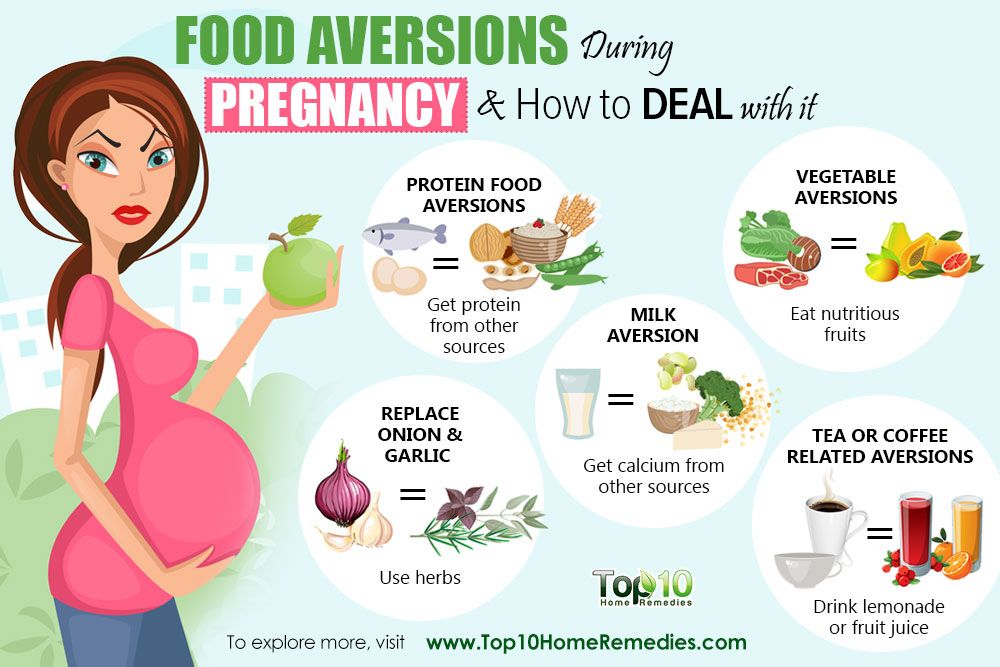 Zinc is beneficial for hair growth. Low consumption of zinc can cause hair loss.
Zinc is beneficial for hair growth. Low consumption of zinc can cause hair loss.
As a mom-to-be, zinc consumption is essential to your baby hair growth during the months of pregnancy.
However, excess use of zinc can cause hair loss and weak hair growth in your baby during pregnancy.
Other health benefits of oysters are; oysters can help maintain the nervous system, aid cell formation, and metabolism because of the presence of vitamin B12 it contains.
The presence of iron in oysters make them useful for the production of hemoglobin (red blood cells).
8). SoybeansSoybean contains an essential compound for hair growth called spermidine. Research carried out on this compound show that the compound facilitated hair growth in the consumers of soybean.
The compound promoted hair growth by strengthening hair follicles. Pregnant women should try and include soybeans in their diet.
Soybeans also lowers cholesterol.
High cholesterol is known for causing coronary heart disease.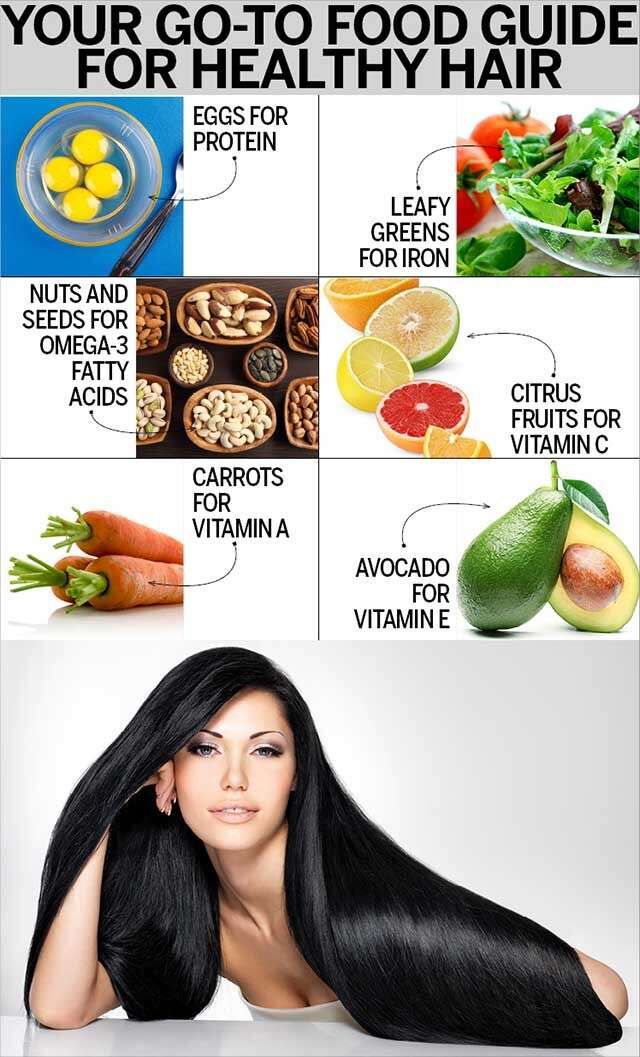 Soybeans also decrease blood pressure and help fight inflammation.
Soybeans also decrease blood pressure and help fight inflammation.
Beans are the most significant source of plant-based protein. Protein is vital to hair growth in both babies and adults. Beans are also a great source of zinc which is also essential for hair growth.
In addition to these nutrients, beans contain nutrients like iron, biotin, and folate. During your pregnancy, adding beans to your diet will provide you with lots of nutrients, and it is also cheap.
Other health benefits of beans are cell formation. Beans are also beneficial in repairing and replacing body tissues.
Beans aid metabolism and reduce the risk of heart disease. Beans are useful in weight management because it controls appetite.
10). MeatMeat is a well-known source of animal protein. The presence of protein in meat means that meat aid hair growth in both babies and adults.
In addition to hair growth, meat also repairs and strengthens hair follicles. Meat also contains iron.
Meat also contains iron.
Iron is essential for the production of red blood cells and promotes hair growth. Deficiency in protein and iron have been known to lead to weak hair growth in babies and adults as well.
Nutritional Facts You Should Know When You’re Pregnant.In this era of technology, information is easy to get. However, not all information is accurate.
As a new mom or mom-to-be, you might include all the vital nutrients you know about in your diet. But, do you know the right proportion and go important each nutrient is?
You might not know when you need them or the right quantity. We are going to discuss these vital nutrients to help you plan your diet better as you prepare to welcome your tiny bundle.
a). Calcium is essentialWe all want our baby to develop strong bones and teeth. Calcium is a vital nutrient to achieving this aspiration.
To ensure that your baby grows strong bones and teeth, you must add a sufficient amount of calcium to your diet.
We suggest 500 to 1000 milligrams daily. Calcium can come from various food sources such as sardines, bread, and vegetables like cabbage. Milk is also a source of calcium.
b). Iron is a must-haveThe amount of iron nutrients present in your body will assist you in delivering a healthy baby.
Iron is the building nutrient of the blood vessels. Iron deficiency can cause miscarriage. Iron facilitates the transport of oxygen around the body.
The ideal amount of iron required by a pregnant woman is 30 to 35 milligram daily. Food sources of iron include legumes, meat, eggs and nuts, among others.
c). You need folic acidFolic acid is essential for the development of the baby in the womb. Deficiency of folic acid can lead to congenital disability, among other things.
As a pregnant woman, you need about 450 micrograms of folic acid daily. You can increase this number after consultation with your doctor. The chief source of folic acid is a vitamin B.
As a mom-to-bee, consumption of fiber is essential to your baby’s health. Eat food with soluble fiber to make direction easier.
High fiber diet will provide you with lots of vital vitamins and minerals.
These chemical compounds are crucial to your baby’s health and development. There are lots of fiber sources. The food sources of fiber include vegetables, fruits, among others.
When Does the Baby Hair Start Growing?Lots of people don’t know about this, but the baby hair starts growing right inside the mother’s womb. We aim to discuss the time your baby hair will begin to grow.
The hair on your tiny bundle of joy starts to grow between 14 to 15 weeks into your pregnancy. The growth is in two phases.
The first phase is called the shedding phase, and the second phase is called the regrowing stage.
The baby at first will grow lanugo — a type of hair covering that keeps the baby warm — a soft material in the structure.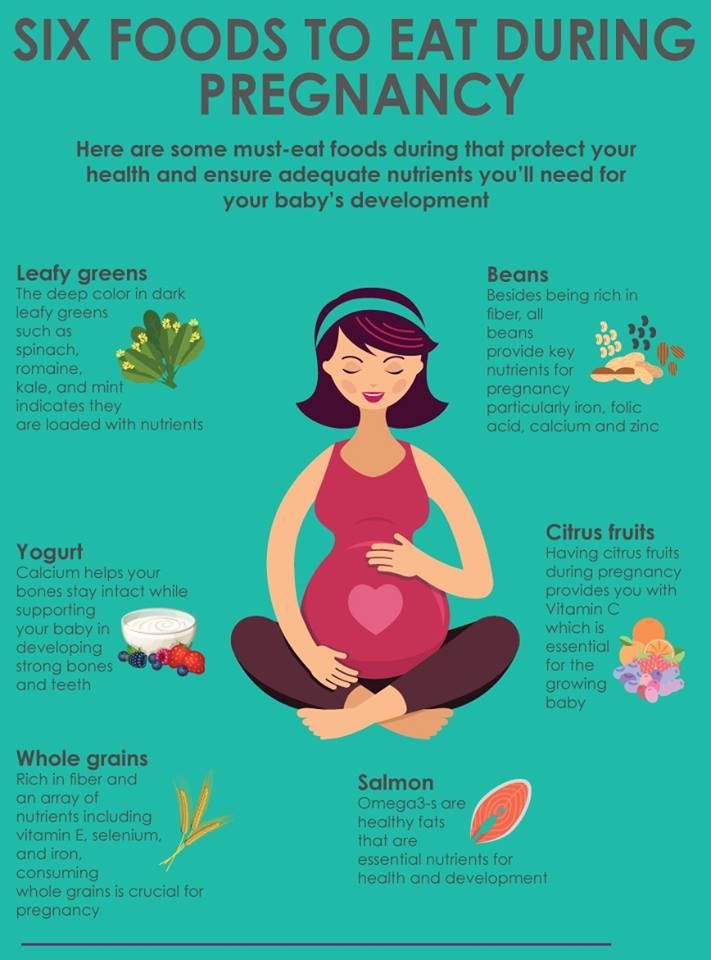 The baby sheds the lanugo as the pregnancy advances.
The baby sheds the lanugo as the pregnancy advances.
We have provided the ten best food to assist your baby’s hair growth during pregnancy.
One thing you need to be aware of concerning hair growth is that it depends mainly on the baby’s genetic makeup.
However, a healthy lifestyle and reduced stress during pregnancy will improve the overall health of your baby, including their hair growth.
Top 10 Beauty Products During Pregnancy
It is important to know not only which products are useful during pregnancy, but also how to use them correctly so that they fully show their beneficial qualities and do not harm your health.
1. Salmon (and other red fish) are rich in omega-3 acids, which improve the condition of the skin and hair. In addition, salmon contains melatonin, which promotes cell rejuvenation.
2. Blueberries are the perfect dessert for women who gain weight too quickly. One glass of berries contains a record amount of antioxidants and only 80 kcal.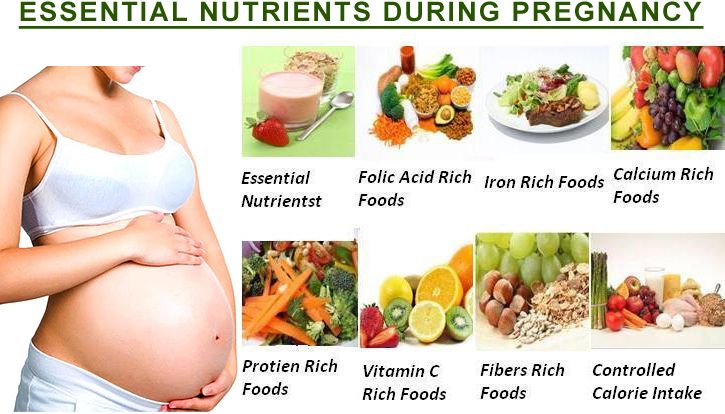
3. Avocado is the main "beautician" among fruits and vegetables. The mature fruit contains 30% vegetable fats, which maintain the elasticity of the skin, help to cope with rashes and moisturize not only the skin, but also the hair from the inside.
4. Pumpkin seeds are also important for the skin. The zinc they contain fights oiliness, acne and dull complexion, and also accelerates the growth of hair and nails.
5. Natural yogurt is rich in probiotics that improve digestion. And vitamin D, calcium and phosphorus will not only help maintain healthy teeth, but also provide the baby with strong bones and muscles.
6. Walnuts contain more vitamin E, which fights free radicals and keeps skin cells young.
7. Legumes (green) due to the high content of silicon will be the main assistant in the fight for the beauty and shine of hair.
8. Broccoli. This low-calorie vegetable is rich in folic acid, which is important for the normal development of the fetus.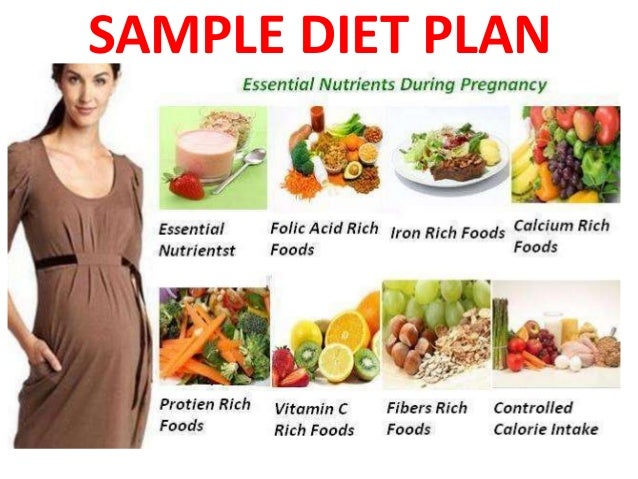 And besides, broccoli has almost 2 times more vitamin C than oranges, and as much beta-carotene as carrots.
And besides, broccoli has almost 2 times more vitamin C than oranges, and as much beta-carotene as carrots.
9. Seafood is an excellent source of iodine and omega-3 and omega-6 fatty acids.
10. The liver is a valuable protein, B vitamins (including biotin, the deficiency of which causes hair loss and dandruff) and a record amount of iron, without which the hair becomes brittle.
WHAT YOU NEED TO KNOW
It is important to know not only which foods are useful during pregnancy, but also how to use them correctly so that they fully show their beneficial qualities and do not harm your health.
Always consider the allergic status of the selected product. For example, honey, seafood, nuts can cause allergies. Therefore, women who are prone to allergic reactions should use them with caution and introduce them into their diet one product at a time in order to immediately understand what exactly caused the unpleasant symptoms.
• Consider the amount of calories in your diet.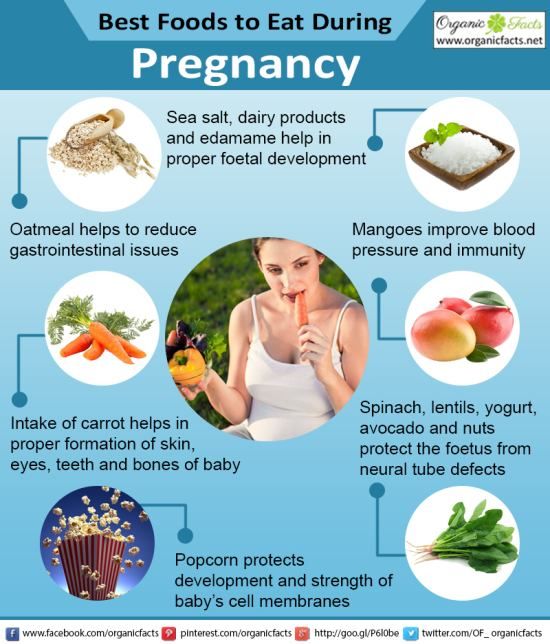 Yogurt and nuts are tasty and healthy snacks and desserts, but they add to the total amount of calories in the diet. Therefore, women who are prone to gaining excess weight during pregnancy should make their menu with this in mind.
Yogurt and nuts are tasty and healthy snacks and desserts, but they add to the total amount of calories in the diet. Therefore, women who are prone to gaining excess weight during pregnancy should make their menu with this in mind.
• Carrots, squash, yellow and red bell peppers, and other carotene-rich vegetables and fruits are healthier when cooked. Carotene is better absorbed and will bring more benefits to the body as part of stews, boiled or baked dishes.
• Even the healthiest foods during pregnancy can cause various discomforts, such as increased gas formation in the intestines or heartburn. If you experience these kinds of ailments after eating a new food, you should stop eating such foods for a while and try them again in a few weeks.
• Keep a food diary in which you write down everything you eat during the day. This will help to control the calorie content of the diet, identify food sources of heartburn, stool disorders, etc. In addition, you will acquire the useful habit of keeping a diary, which will come in handy after the birth of your baby - such records will be very useful when breastfeeding.
HAIR AND PREGNANCY, hair loss during pregnancy, hair care
Explaining what changes are happening0042 with hair during pregnancy and after childbirth,
about coloring and care procedures.
During pregnancy and breastfeeding women notice that their hair becomes more weak and brittle .
In this article we will tell you how to restore the health of and maintain a beautiful appearance of the hair during this period. Let's touch on the topic of staining and answer other questions that are of interest to fans of our brand.
Is hair coloring
safe during pregnancy ?
There are two opposite opinions about this.
Some say that staining should be avoided, since this is a chemical effect of
on the body, which is a priori harmful, and doubly during pregnancy.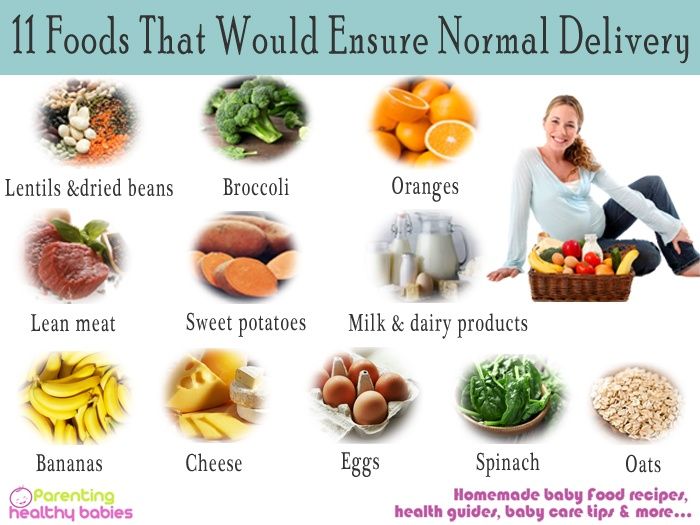
Others claim that coloring with modern compounds is absolutely safe
and cannot harm either mother or baby.
Let's see how staining is carried out and whether it can harm.
Hair coloring -
is a chemical process involving ammonia.
To create a coloring composition, the stylist mixes the paint containing ammonia with an oxidizing agent. The result is a chemical reaction
which is called the oxidation of .
When coloring, ammonia lifts the hair scales , allowing coloring pigments and nutrients to penetrate into the hair. The oxidation reaction continues on the hair no more than 10 minutes , after which ammonia evaporates and other substances come into operation.
However, the active mixture is in contact with the scalp for some time.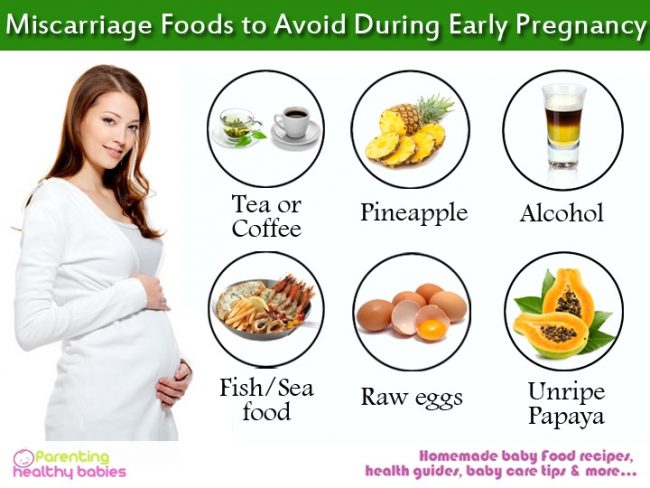 And it is hygroscopic , the stratum corneum has high metabolic activity - everything that we put on the skin affects our body. Therefore frequent staining during pregnancy is not recommended .
And it is hygroscopic , the stratum corneum has high metabolic activity - everything that we put on the skin affects our body. Therefore frequent staining during pregnancy is not recommended .
At standard staining intervals
for 9 months there will be no more than 3-4 procedures.
The total time ammonia is in contact with skin and hair is very small. If the coloring composition is applied to intact skin, as required by the instructions, systemic absorption will be so small that
cannot harm the expectant mother and baby.
During pregnancy,
becomes more sensitive to cosmetic products.
There may be intolerance to some odors,
including ammonia. In this case, it is better to try a more gentle temporary staining with ammonia-free formulations.
Entrusting hair care during pregnancy is important to an experienced stylist. He will be able to select the most suitable product according to your position and hair condition.
We do not recommend coloring your hair during the first trimester of pregnancy as these are the most important months of embryo formation. In the future, the procedure can be carried out, observing an interval of 2-3 months .
How hormones affect hair ?
Usually during pregnancy, the hair looks more shiny and lively
due to the increased level of estrogen in the body. This hormone has a positive effect
on the hair growth cycle: it lengthens the anagen (growth) phase and reduces hair loss.
The placenta produces prostacyclin, which dilates blood vessels
and promotes good hydration of the scalp, thereby
stimulating hair growth. The combined action of estrogen and prostacyclin makes hair
are stronger and more resistant.
At the end of pregnancy and after childbirth the situation changes.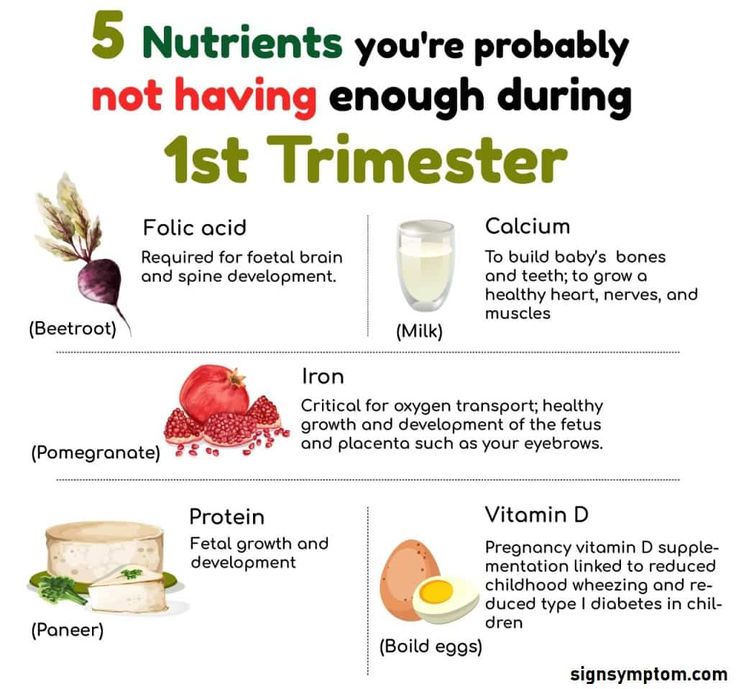
The level of "caring" hormones drops sharply, and the action of prolactin
and androgen increases. This "hormonal storm" greatly affects the
hair life cycle. They pass into the catagen phase (rest),
and some into the telogen phase (readiness for shedding).
This explains why hair loss occurs during breastfeeding. The process was named "postpartum outflow" .
Condition unpleasant but temporary : in most cases
everything returns to normal within 6-12 months .
Lactation hair loss - natural process to be experienced.
Salon treatments aimed at reducing hair loss
It is advisable to start them in the last month of pregnancy,
to strengthen the hair by the time the baby is born and the start of breastfeeding.
It is recommended to continue within a year after delivery.